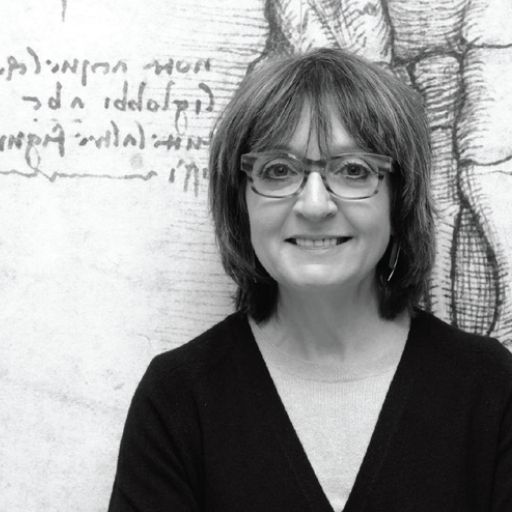2015

Year 35

Prof. Christopher Mathias
Professor of Neurovascular Medicine
Imperial College London & the Institute of Neurology
University College London, United Kingdom
THEME: FALLING MEN, FAILING NEURONS
Orthostatic Intolerance can result in feeling dizzy or faint, or even passing out, sometimes
leading to injury due to the fall. This often happens when an individual changes position, lying
to sitting, or standing, resulting in a fall in blood pressure. It affects a wide age spectrum,
beginning in teenage years, with the incidence steadily increasing with age. In the new
millennium, another intermittent autonomic condition, causing palpitations when changing
position has been recognized, with a rapid heart rate whilst upright, the postural Tachycardia
Syndrome (PoTS). We have described our experience in a large number of PoTS patients in a
major scientific paper in Nature Reviews Neurology. This condition is being increasingly
recognised, especially with an associated condition with joint hypermobility, Joint
hypermobility Syndrome/Ehlers Danlos III, where there may be a number of non-autonomic
features. PoTS, we feel, is an important autonomic biomarker, at times of a multi-system
disorder, as there can be involvement of other organs such as the gastrointestinal tract and
urinary bladder. This understanding has substantially changed autonomic and clinical practice.










